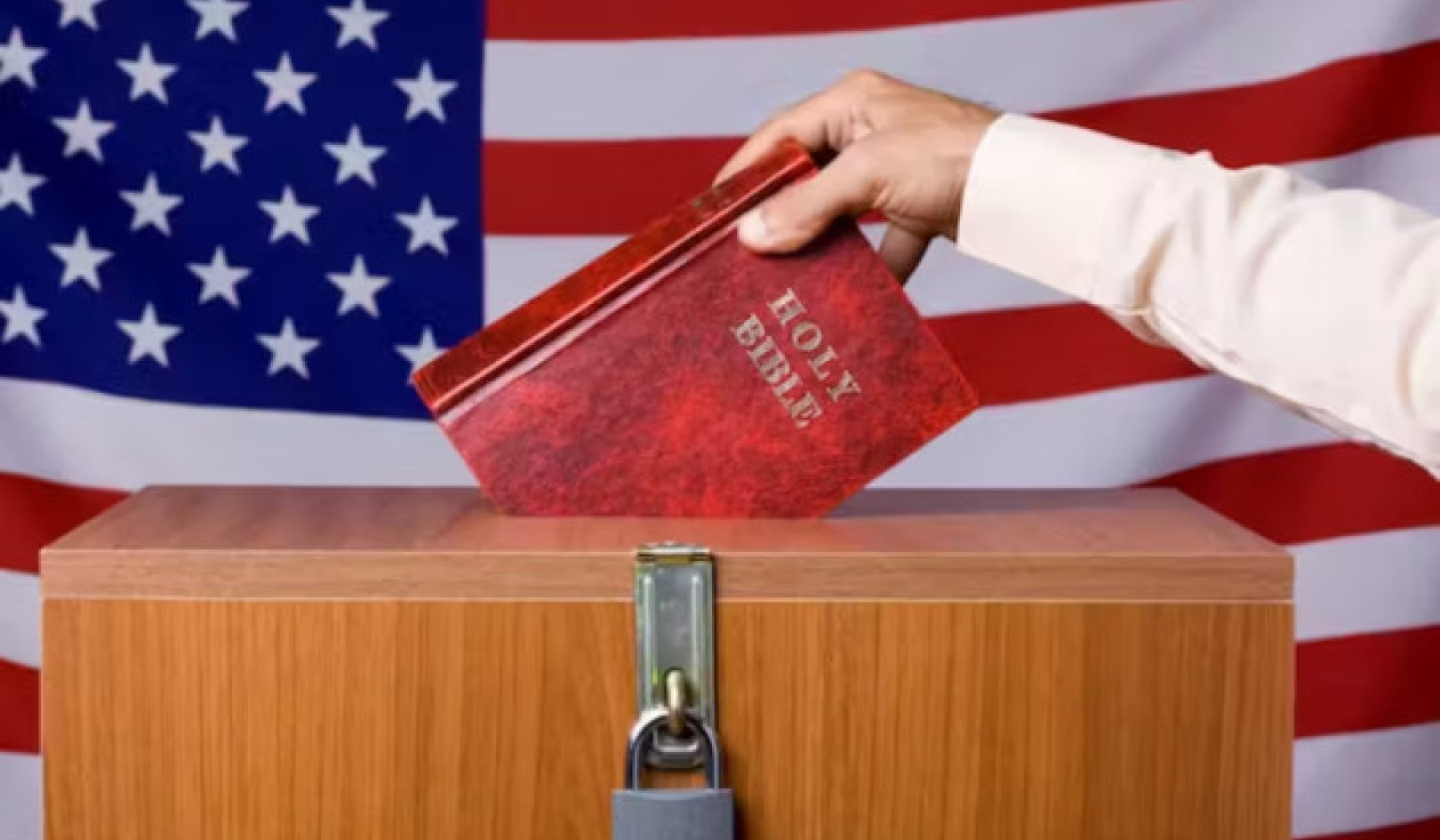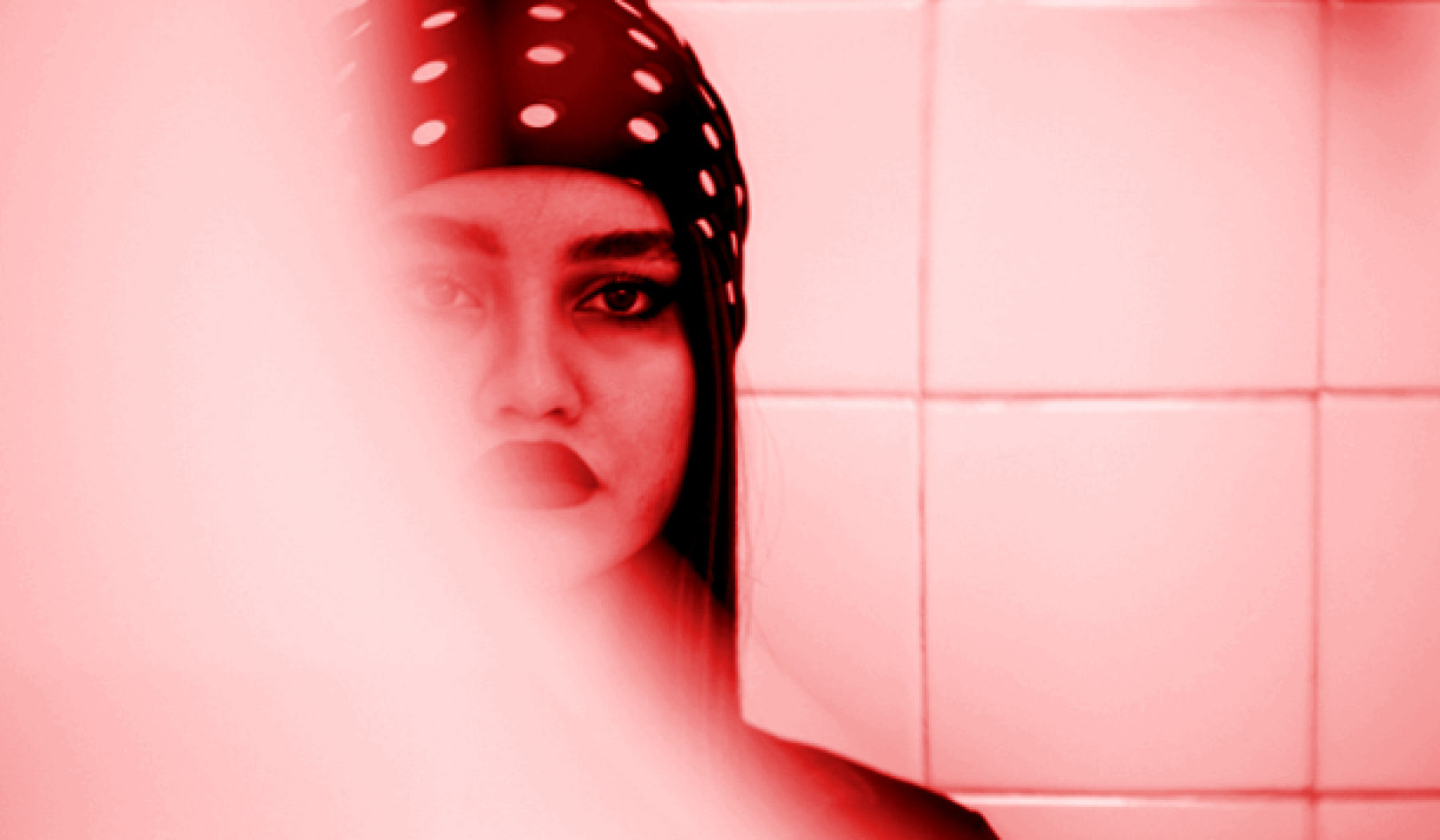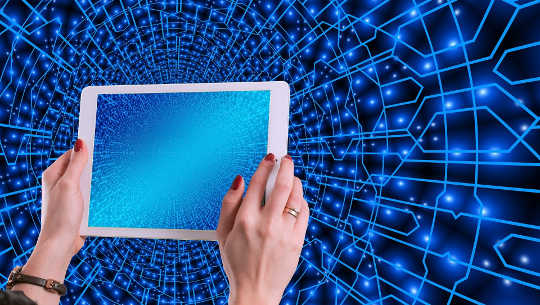
Image by Gerd Altmann
Narrated by Marie T. Russell.
Since the 1980’s, video communication has been the norm, as opposed to print or the three major television networks and PBS. Today, there are thousands of television and digital channels and choices, plus on demand and countless subscription services, including digital downloads.
We now have ever-expanding ways to distract and consume attention through the new digital opiate of the masses. Cell phones with their applications have unknowingly addicted people. Our attention span has drastically shortened. The constant electrical bombardment is creating a cellular and biological interference.
There are many benefits of the digital age, such as providing a more robust selection of majors in college, searching for careers out of college, choosing places to vacation, and much more. The benefits are nearly infinite, when used properly.
However, social media is being used to replace daily healthy human interactions. Many people pay more attention to their smart phones than their loved ones. Our devices are taking precedence over the physical presence of the people around us.
What about the children?
Many children have electronic babysitters (cell phones and tablets) instead of human interaction. These digital maladaptations to proper human contact result in excessive dopamine release, fleeting good feelings, and destruction of neuro-receptors in the brain, all of which lead to addiction.
When we look back on the movies The Breakfast Club (1984) and Ferris Bueller’s Day Off (1986), we see two of the greatest single day movies where communication and connection were the driving force. The late John Hughes was a genius of adolescent communication in movies.
These films are the antithesis of what’s going on today in social media. Can you imagine the kids in The Breakfast Club today? They would all be on their cell phones, and none would have grown through their incredible human interactions.
The first step to solving any problem is noticing that there is a problem. Again, in life, the correct direction is always manifested by a real connection. When we discuss these issues with younger millennials, they notice that something is wrong, but they could never imagine living without social media.
As incomprehensible as this may sound, we can survive without it. We use social media and note the advantages of it. However, millennials, as well as the other generations, are losing their appreciation for real human interaction—hence the social disconnect.
What, then, is the antidote? Put down your damn phone and connect, be present, and speak to people in person. Even back in the day, ATT had a telephone campaign: Reach out and Touch Someone. The concept is faster and even simpler today, but often not easy when people are incessantly addicted to this 21st Century electronic phenomenon of digital distraction.
Depression: Exogenous vs Endogenous
When a patient visits a psychologist, the first thing the professional asks of the patient is to fill out some type of personality questionnaire. From here, the psychologist analyzes the data, speaks with the patient, and comes up with a definitive plan of treatment, normally prescribing a cognitive behavioral treatment. If medication is involved, the psychologist then sends the patient to see a psychiatrist, and that psychiatrist gives the patient a new questionnaire, only to repeat the process.
Carl once asked an acupuncturist how he analyzes and treats a depressed patient. The acupuncturist said that he sends the patient to a spiritual healer first because often they ask different questions than Western practitioners, and some patients respond to them better.
From there, he would send them to a traditional Western practitioner for a more integrative assessment. The term for healing they prefer is integrative, meaning using all healing modalities including Western medicine) as opposed to alternative, where you try to use one healing modality in place of another.
One question some psychologists or psychiatrists fail to ask, which many spiritual healers do ask, is the following: does this patient have endogenous (caused within you) or exogenous (externally caused, such as toxic family, work, or society) depression? Before you can be diagnosed with depression, make sure you know which one you have, as this can be huge in your treatment; and you may even have both.
I have personally never met a depressed person who did not have a legitimate reason for his or her depression. Many people are suffering from a severe case of relationships with toxic people. Toxic people can, and eventually will, cause depression.
If the average person knew how many of their friends and family did not like them, they would be astounded. Removing toxic people will allow you to live your best life.
In addition, when patients are overwhelmed with tragic events, the negativity going on in the world, and other real-life issues, they need to find outlets to help them calm down and enhance their levels of gratitude. Sometimes, too many great things happen to a person, and he or she must make split-second, important decisions, often breaking under the pressure. The rich celebrity who lost millions to end up poor is a cliché, but it is real. Therefore, stress, positive or negative, can take a toll on someone. If you ever get overwhelmed, please find professionals who can guide you.
It is fortuitous that the day after this section was written, a psychiatrist asked me about spiritual healing, and said she would be more than willing to send some of her patients to a spiritual healer. More and more Western-focused practitioners are becoming open to holistic Eastern concepts and integrative therapies.
Copyright 2021. All Rights Reserved.
Reprinted with permission of the publisher.
Article Source
Quantum Activation: Transforming Obstacles Into Opportunities
by Amit Goswami, PhD., Carl David Blake, and Gary Stuart.
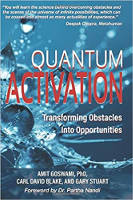 Our collective intention for this book Quantum Activation is to inform and guide our readers with a thought-provoking opportunity to expand their viewpoint within their own life. There's nothing to believe other than alternative ways to address what doesn't serve your highest good. Our sincere hope is to inspire you with thought provoking information from quantum physics to many other schools of thought which emerged throughout many centuries. Our personal goal is to assist you in moving past negative ancestral patterns and behaviors that can stop your progress. We support your personal evolution and empowerment to make your dreams come true.
Our collective intention for this book Quantum Activation is to inform and guide our readers with a thought-provoking opportunity to expand their viewpoint within their own life. There's nothing to believe other than alternative ways to address what doesn't serve your highest good. Our sincere hope is to inspire you with thought provoking information from quantum physics to many other schools of thought which emerged throughout many centuries. Our personal goal is to assist you in moving past negative ancestral patterns and behaviors that can stop your progress. We support your personal evolution and empowerment to make your dreams come true.
For more info and/or to order this book, click here. Also available as a Kindle edition.
About the Authors
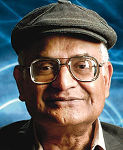 Amit Goswami, PhD. is a retired professor of physics. He is a revolutionary amongst a growing body of renegade scientists who, in recent years, has ventured into the domain of the spiritual in an attempt both to interpret the seemingly inexplicable findings of curious experiments and to validate intuitions about the existence of a spiritual dimension of life. A prolific writer, teacher, and visionary, Dr. Goswami has appeared in the movies What the Bleep do we know!?, Dalai Lama Renaissance, as well as the award winning documentary, The Quantum Activist. . He is the author of numerous books. For more information, visit www.amitgoswami.org
Amit Goswami, PhD. is a retired professor of physics. He is a revolutionary amongst a growing body of renegade scientists who, in recent years, has ventured into the domain of the spiritual in an attempt both to interpret the seemingly inexplicable findings of curious experiments and to validate intuitions about the existence of a spiritual dimension of life. A prolific writer, teacher, and visionary, Dr. Goswami has appeared in the movies What the Bleep do we know!?, Dalai Lama Renaissance, as well as the award winning documentary, The Quantum Activist. . He is the author of numerous books. For more information, visit www.amitgoswami.org 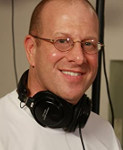
Carl David Blake was born in the Bronx, New York, and attended the University of South Florida where he earned a B.S. in Biology and Zoology and an M.A. in Mass Communication. Carl has also written, produced, and directed six independent films.
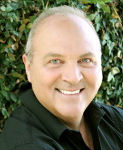 Gary Stuart, International Bestselling Author, Speaker, his latest book Healing Human History: Constellation Wisdom for the 21st Century also he's the creator of Constellation Healing Oracle Cards. His goal is to motivate you and help you understand the spiritual aspects of negative physical and emotional challenges that can create 'dis-ease' & disharmony in our lives. He's also the founder of the Constellation Healing Institute. www.garystuarthealing.com
Gary Stuart, International Bestselling Author, Speaker, his latest book Healing Human History: Constellation Wisdom for the 21st Century also he's the creator of Constellation Healing Oracle Cards. His goal is to motivate you and help you understand the spiritual aspects of negative physical and emotional challenges that can create 'dis-ease' & disharmony in our lives. He's also the founder of the Constellation Healing Institute. www.garystuarthealing.com
For more info, visit QuantumActivationNow.com























